UNITED NATIONS, Sept 24: President Pervez Musharraf on Wednesday proposed series of measures to resolve the Kashmir dispute and invited India to join Pakistan in a sustained dialogue to find a just solution acceptable to India, to Pakistan and above all to the Kashmiri people.
Addressing the United Nations General Assembly’s special session he said: “I also invite India, jointly with Pakistan, to observe a complete ceasefire along the Line of Control in Kashmir.
“Pakistan would also be prepared to encourage a general cessation of violence within Kashmir, involving reciprocal obligations and restraints on Indian forces and the Kashmir freedom movement.
“And, if India is genuinely concerned about cross-LoC infiltration, we ask that it agree to a viable mechanism to monitor this on both sides. The United Nations Military Group for India and Pakistan, UNMOGIP, could be enlarged for this purpose.”
Calling upon the Western world to help resolve the political disputes in the Muslim world, President Musharraf said: “Jammu and Kashmir has been rightly described as the most dangerous dispute in the world.”
“A just solution to this dispute holds the key to peace and security in South Asia,” he declared.
He said though India had stepped back from its dangerous and failed experiment in coercive diplomacy last year it continued to suppress the legitimate struggle of the Kashmiri people to exercise their right to self-determination in accordance with the UN Security Council resolutions. “It refuses Pakistan’s offers of dialogue to address and resolve the Kashmir dispute,” he said.
“India cites cross-border terrorism to refuse a dialogue. It knows fully well that the Kashmiri struggle is indigenous. India seeks to exploit the international anti-terrorist sentiments after 9/11, to delegitimize the Kashmiri freedom struggle,” he observed.
Citing the danger of a conflict breaking out in South Asia, the President said that India and Pakistan should institute measures to ensure mutual nuclear restraint and a conventional arms balance.
Pointing out that India was embarked on a massive buildup of its conventional and non-conventional military capabilities advanced offensive aircraft, ballistic and cruise missiles, ABM systems, nuclear submarines and an aircraft carrier, the President said that this would destabilize the South Asia and erode strategic deterrence.
“Those powers which desire peace, stability and security in South Asia and oppose the proliferation of weapons of mass destruction must review their decisions to offer such major strategic weapons systems to India. They must contribute to maintaining arms restraint and a military balance in South Asia,” the President said.
“I believe the way forward is to adopt a two-pronged strategy ‘a double pincer’ to build harmony, promote moderation, oppose extremism, and ensure justice. I call this strategy, the strategy of Enlightened Moderation.”
“On the one hand, Muslim nations must assume their responsibility for internal reform and renewal. They are at the crossroads. They must eschew extremism and confrontation. They must embrace the march of human civilization. They must address the deficits in their social and economic development. They must seek science and technology, higher education and human resource development.
“The international community, specially the advanced countries of the West, must deliver the other pincer in the strategy of “Enlightened Moderation.” They can do so:
— by helping to resolve the political disputes and situations where Muslim peoples are being suppressed, such as in Palestine and Kashmir;
— by rejecting attempts to equate terrorism with Islam; and
— by assisting the Muslim world in poverty alleviation and socio-economic development.
“The United Nations, itself, has a crucial role to play in the conception and execution of the strategy of Enlightened Moderation.”
The President noted that when the Berlin Wall collapsed, hopes revived for a new age of cooperation and peace, free of ideological confrontations. Sadly, these hopes were dashed: by the ethnic cleansing in Bosnia, and then in Kosovo; by the failure to end the occupation of Palestine, leading to the revived Intifada against Israeli occupation; by the brutal suppression of the Kashmiris’ demand for self-determination and freedom from Indian occupation; by the unending war in Afghanistan and the international neglect which created a climate in which extremism and terrorism could breed; by the series of international financial crises and the rise of poverty as a consequence of unequal economic globalization.
The President said the war against terrorism must be fought comprehensively with vision and understanding.















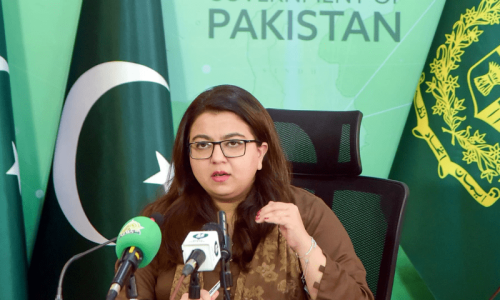












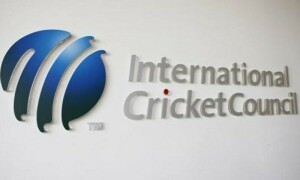

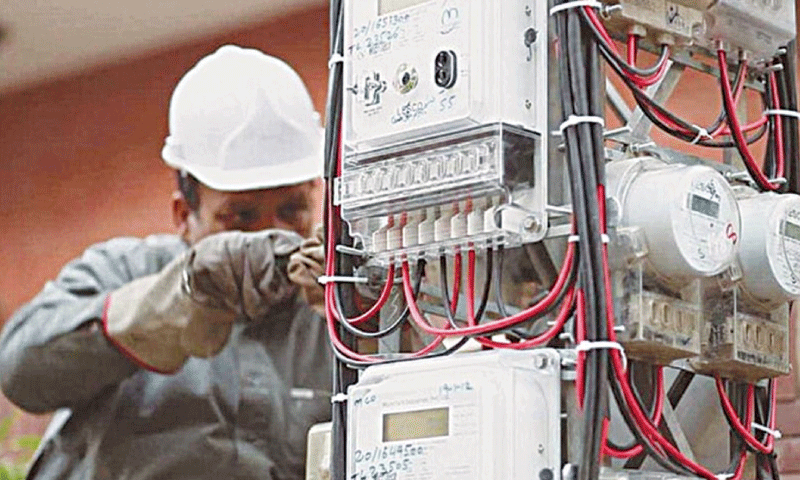






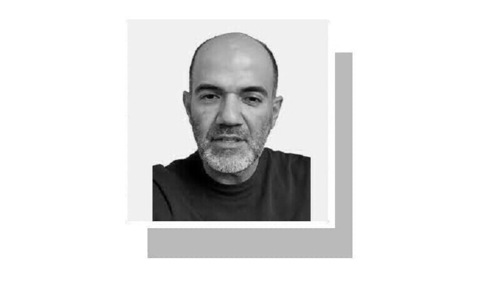


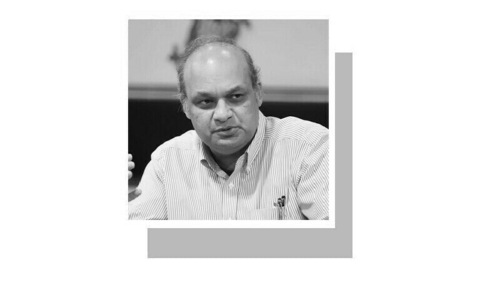
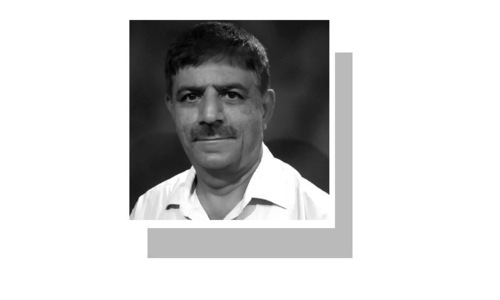


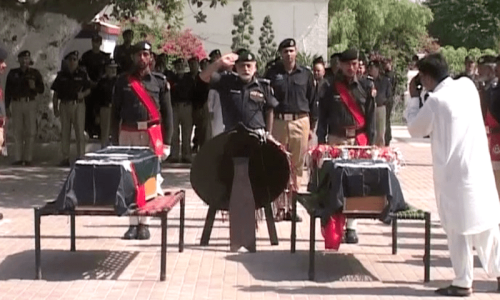

Dear visitor, the comments section is undergoing an overhaul and will return soon.